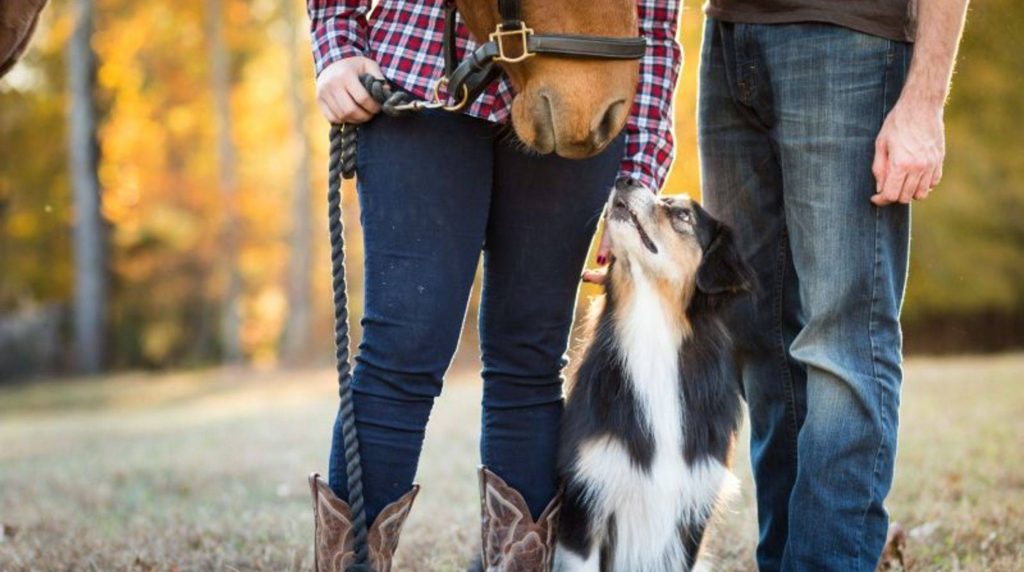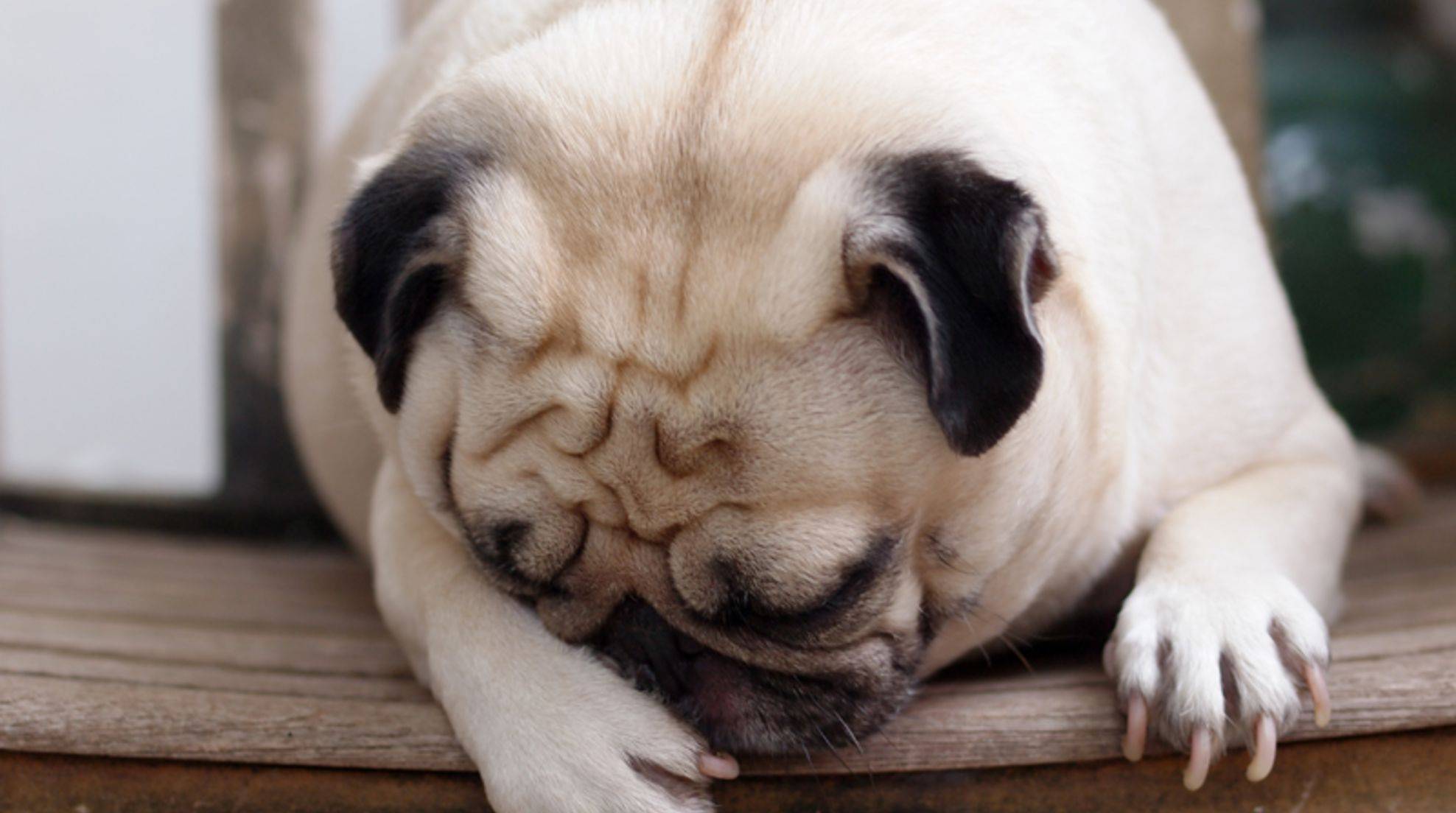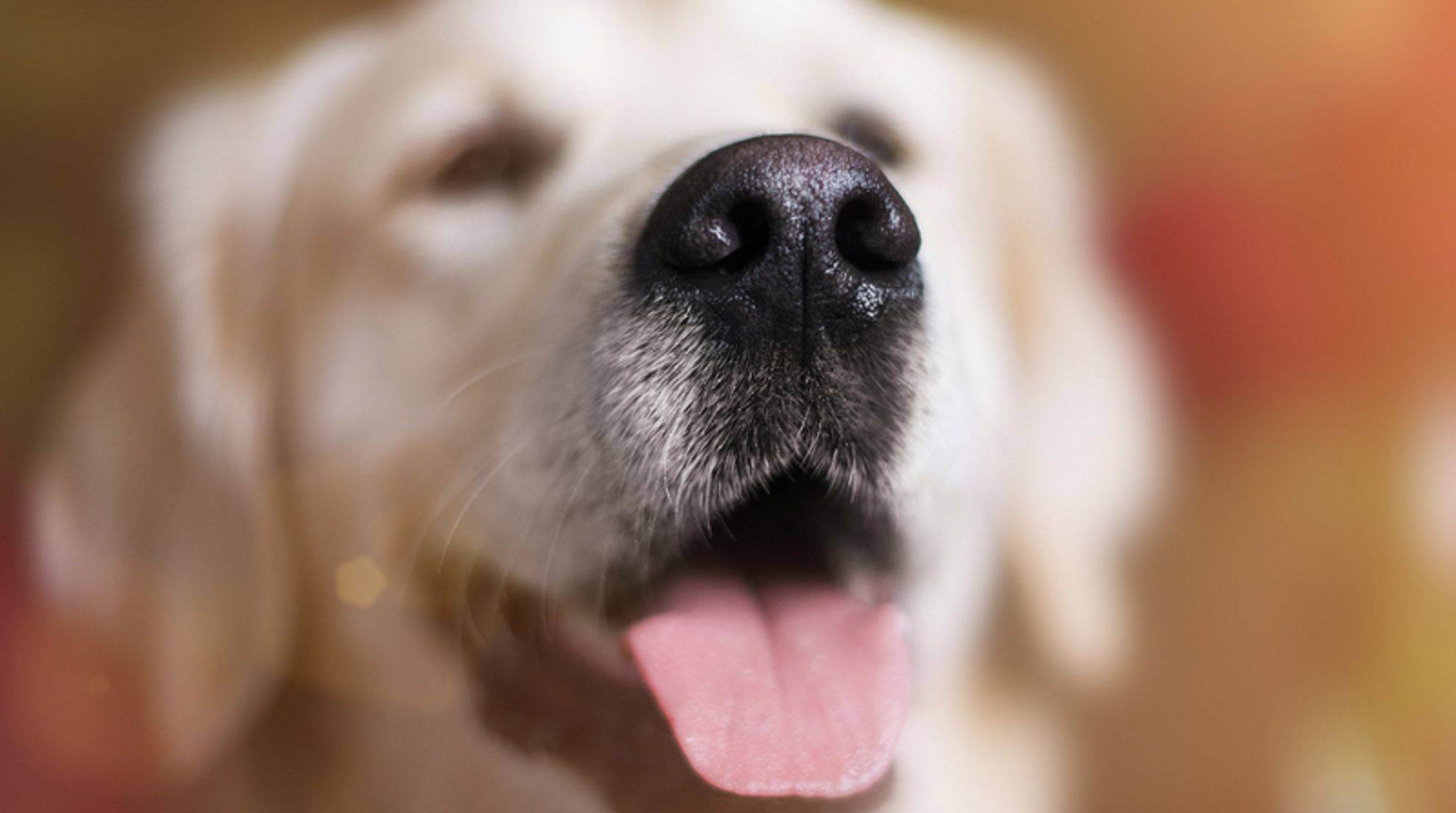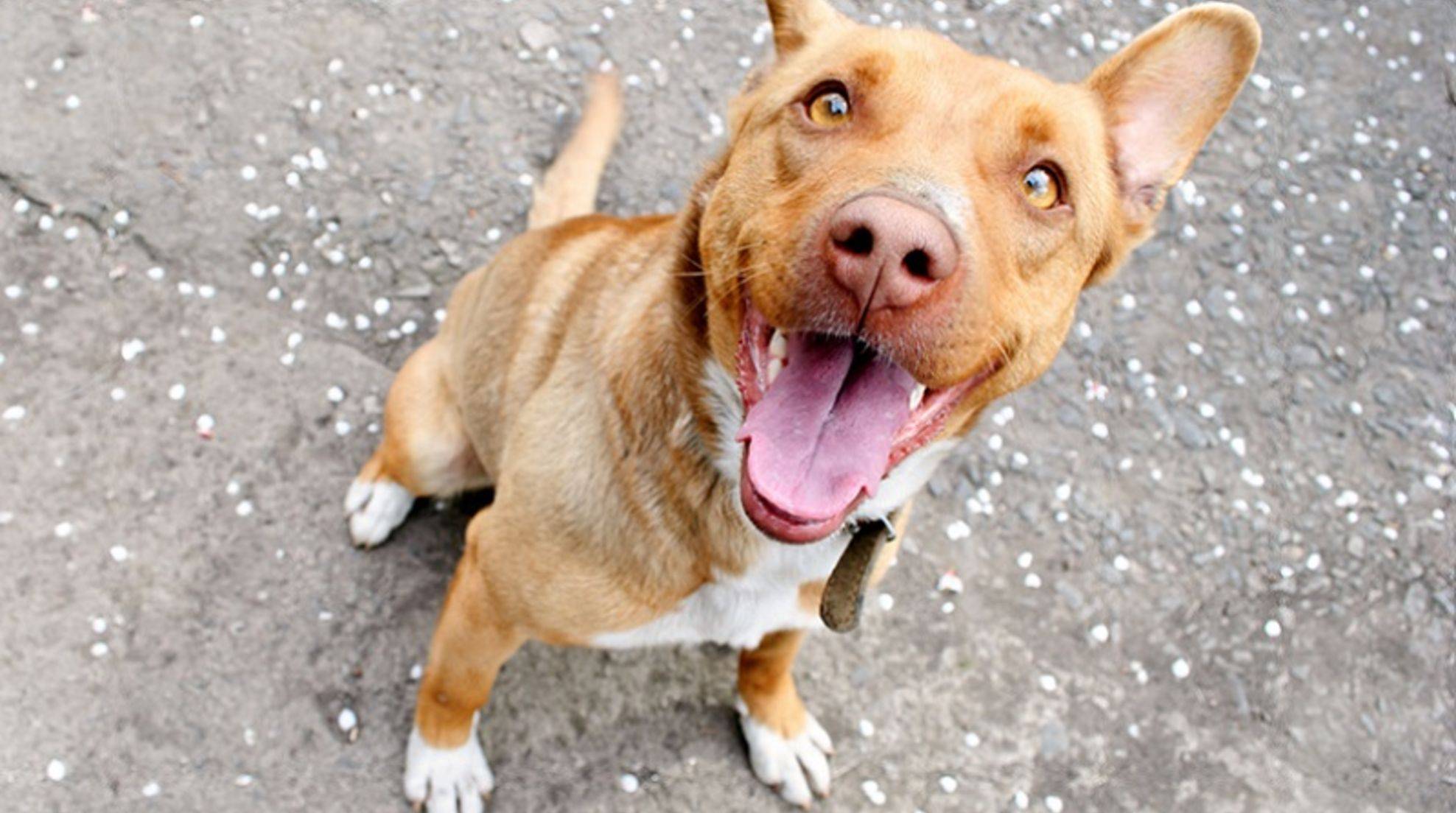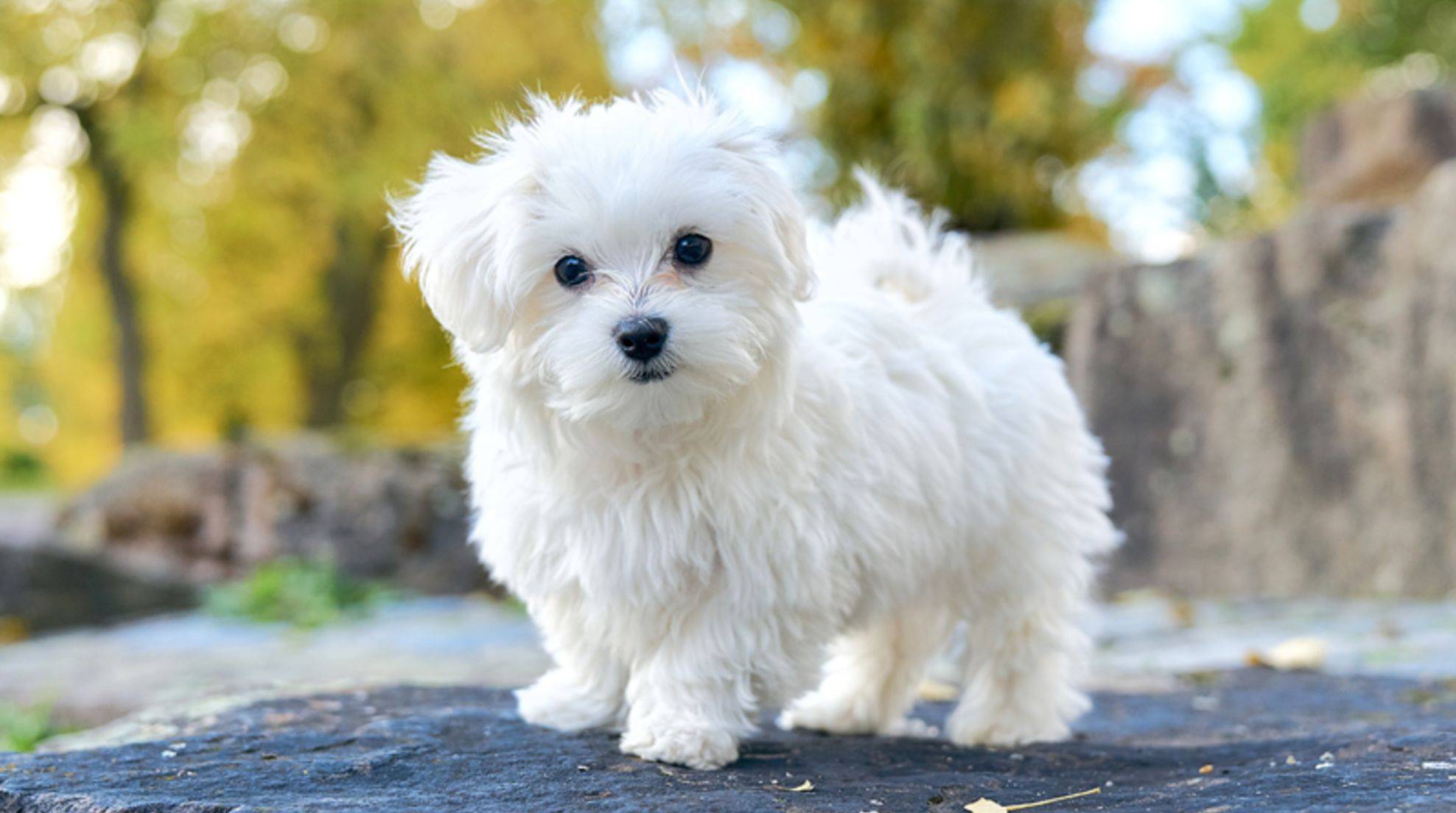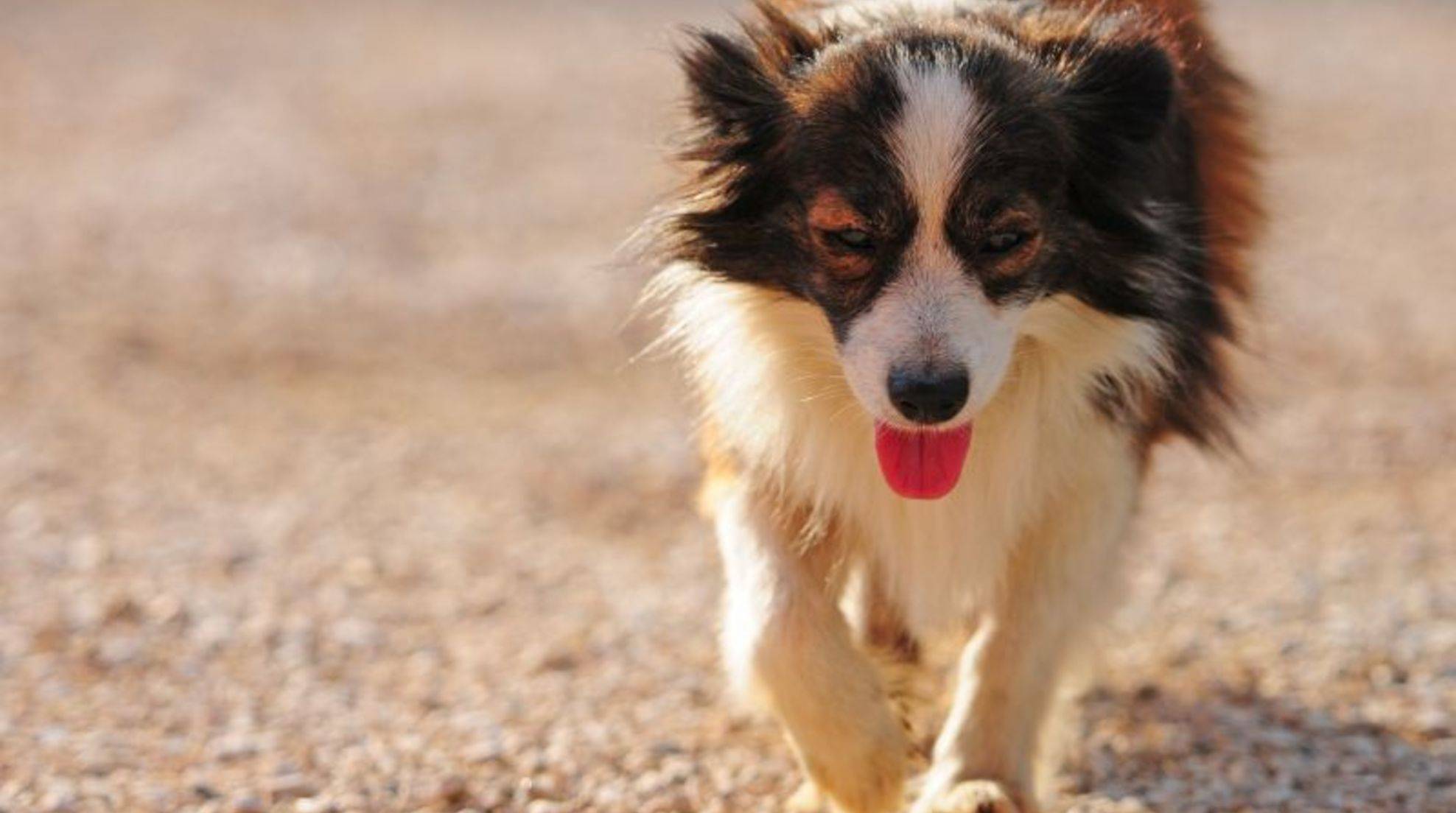Which dog breeds are suitable as riding companion dogs?
If you are looking for dog breeds that are suitable as riding companion dogs, you should pay attention to a few important things when choosing and training them. What these are, and which dogs usually enjoy walking along with the horse, you can read here.
In principle, almost all breeds of dogs can be trained as riding companion dogs, including mixed breeds. It is important that they are physically healthy, willing to run, obedient and used to horses. In addition, it is advisable to dare a ride only with adult dogs: A young quadruped, whose musculoskeletal system is not yet fully developed, can and should not yet run long distances – to run next to a horse would strain its joints much too much.
What makes good riding companion dogs?
Which four-legged friends are good riding companion dogs depends not only on the dogs themselves. The relationship between horse, dog and rider must be right, the different species must be well accustomed to each other and well behaved. Keep in mind that when riding with a dog, you must keep both animals safely under control to avoid accidents. A riding companion dog should be stable in character, able to concentrate well and reliably listen to you. This works especially well if you get your pelt nose used to horses as a puppy and your horse is also used to dogs from an early age. Later, the animals can get to know each other, but then you should proceed even more cautiously and slowly and take more time. For the first ride, however, the dog should be fully grown. Young dogs that are already physically mature can still be impetuous. In this case, they still need a little practice before they are allowed to accompany you when riding.
If you are even a little unsure about how to lead dog and horse at the same time, contact a dog trainer who specializes in riding companion dog training. During training, the dog and horse will get to know each other, get used to each other, and you will learn how to keep both under control at the same time and lead the animals safely. Clarity, consistency, calmness and composure are essential – harshness or even violence, on the other hand, are unnecessary or even dangerous – after all, you don’t want to scare your animals. The goal is to build up a bond with both animals based on mutual trust, so that the dog and horse obey you voluntarily and orient themselves to you.
Other requirements depend on how you want to work with your dog overall: Do you only want him to be a riding companion dog and pet? Or do you also want to work with him without a horse? Do you like to ride long distances or do you prefer short, fast laps? Depending on that, different breeds of dogs are suitable for you. Some mixed breeds can also be good riding companion dogs – before purchasing your four-legged friend, it is best to inquire at the animal protection or the animal shelter whether they have a dog there that is used to horses, loves to run and is healthy.
Riding companion dogs: These dog breeds are suitable
First things first: no matter which dog you want to take on horseback, it must be perfectly prepared for it and well trained, with or without a trainer. The fact that the representatives of certain dog breeds are well suited as companion dogs has mainly to do with their athleticism and only a low hunting instinct. However, dogs with hunting instincts can also be trained as riding companion dogs under certain circumstances, if they listen well to you even under distraction and their hunting instincts are under control.
Herding dog breeds may not be happy as riding companion dogs on their own because they are missing their real job – herding. However, if you live on a farm, for example, and your dog not only walks with the horse but is also allowed to watch your livestock, this is usually not a problem. Alternatively, if you don’t have a farm, you can keep your herding dog busy and exercised with appropriate dog sports. In general, however, every dog is different, and even within the same breed there can be different personalities. So if you are looking for a pedigree dog, take enough time, look at several breeders and get detailed advice.
These breeds usually enjoy being a riding companion dog:
● Dalmatian
● Golden Retriever
● Australian Shepherd
Australian Cattle Dog
Border Collie
Beagle
● Jack Russell Terrier
With herding breeds Australian Shepherd, Australian Cattle Dog, and Border Collie, make sure they have other duties besides riding companion that satisfy their need to herd a flock. Beagle and Jack Russell Terrier are only eligible if you have their hunting instinct under control.
Not every dog is suitable for horse walking
However, you’d better not take dogs with the following physical conditions and characteristics on horseback. Riding companion dogs should not be too large or too small. Very large breeds of dogs are often too cumbersome for long rounds at a fast pace. Especially if they have a tendency to hip dysplasia and other joint problems, they are not made for strenuous walking on horseback. However, reputable breeders try to reduce the predisposition to hip dysplasia through responsible breeding and thorough health checks of the parents.
Very small dogs, with their short legs, often have a problem with the pace of the horse. Exceptions are Jack Russell Terriers: these four-legged friends like to run long distances. Cozy small dogs like the pug are also not made to exercise for so long. In addition, small dogs quickly get under the horse’s legs and are difficult to leash from the saddle. Also unsuitable are very stubborn dogs and quadrupeds with strong hunting instincts. It is simply too difficult to keep an eye on them from the horse’s side and to react quickly if they try to get out of hand.

